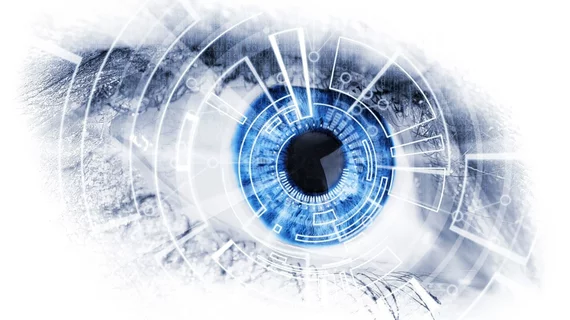Should AI systems be empathetic? That’s the question asked—and discussed at length—in a new analysis published in Forbes.
Author Jun Wu, a specialist in technology and data science, noted that “emotional intelligence” and “general intelligence” are closely connected. She also detailed the important role empathy could potentially play as AI technologies begin to play a more significant role in healthcare.
Wu noted that interacting with dementia patients can be “emotionally difficult for nurses and doctors,” contributing to burnout. Could this be an example of how AI-powered robotics systems might play a role in the future of healthcare?
“AI robots can use empathy to care for dementia patients without feeling ‘burned-out,’” Wu wrote. “They can be the go-between between doctors/nurses and their patients. They can work closely with doctors to gather information and refine treatment plans. They can work with nurses to monitor patients and engage in day-to-day care.”
AI that has been trained to use empathy could also make better decisions, according to the analysis. The impact this could have on healthcare providers could be substantial.
Click the link below for the full article from Forbes:

